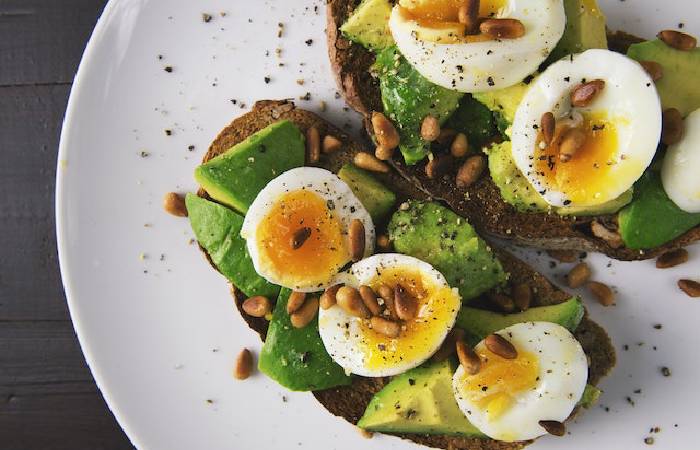Function of Protein – Every cell in the human body comprises a protein. The basic structure of proteins is a chain of amino acids. It would help if you had protein in your diet to benefit your body, repair cells and make novel ones. Protein is also essential for growth and development in children, adolescents, and pregnant women.
Function of Protein – Protein in the Diet

- Proteins are the building blocks of life. Each cell in the human body contains protein. The basic structure of proteins is a chain of amino acids.
- It would help if you had essential protein in your diet to assist your body repair cells and typing new ones. Protein is also significant for growth and development in children, adolescents, and pregnant women.
Function of Protein – Food Sources
Protein foods remain cracked down into parts termed amino acids during digestion. The human body needs several amino acids in sufficient quantities to maintain good health. Amino acids, therefore, remain in animal sources such as meat, milk, fish, and eggs. They also remain in plant sources such as soy, legumes, beans, nut kinds of butter, and grains (such as wheat germ and quinoa). You don’t have to eat animal goods to get the protein you need in your diet. Amino acids remain divided into three groups:
- Necessary
- Irrelevant
- Conditional
Essential amino acids cannot remain produced by the body and must stay supplied through food. It is not necessary to eat them with every meal. Balance throughout the day is more important. The body creates non-essential amino acids from essential amino acids or during the normal breakdown of proteins. Conditional amino acids stand needed in times of illness and stress.
Essential Functions of Protein in Your Body
Protein is essential for good health. The name derives from the Greek word proteas, meaning “primary” or “first place.” Proteins consist of amino acids that join together to method long chains. You can reason of a protein as a chain of beads in which each bead is an amino acid. Twenty amino acids help make thousands of different proteins in your body. Proteins do most of the work in the cell and do a variety of jobs. Here are nine essential functions of protein in your body.,
1. Growth and Maintenance
- Your body needs protein for tissue growth and maintenance.
- Yet your body’s proteins stand in a constant state of flux.
- Usually, your body breaks down the same amount of protein it uses to build and repair tissue. But, other times, it breaks down additional protein than it can, increasing your body’s needs.
- It usually occurs during periods of illness, during pregnancy, and breastfeeding
- People recovering from injury or surgery, older adults, and athletes also need more protein
2. It Causes Biochemical Reactions
Enzymes are proteins that help with thousands of biochemical reactions inside and outside your cells. The structure of enzymes permits them to combine with different molecules inside the cell named substrates, which catalyze reactions that are necessary for your metabolism. Enzymes can also function outside the cell, such as digestive enzymes such as lactase and sucrase, which assistance digest sugar. Some enzymes require additional molecules, such as vitamins or minerals, for the reaction to occur. Body functions that depend on enzymes include:
- Digestion
- Energy production
- Blood clotting
- Muscle contraction
Deficiency or malfunction of these enzymes can result in disease.
3. Acts as a Messenger
Some proteins are hormones and chemical messengers that aid communication among your cells, tissues and organs. They’re made and unseen by endocrine tissues before glands and transported in your lifeblood to their target tissues or organs, which bind to protein receptors on the cell surface.
Function of Protein – Conclusion
Protein has many roles in your body. It helps overhaul and build your body’s tissues, allows metabolic reactions, and directs bodily purposes. In addition to providing your body with a structural framework, proteins maintain proper pH and fluid balance.


